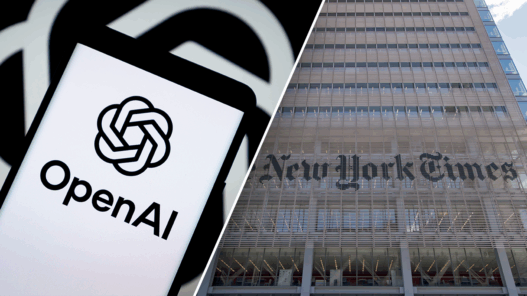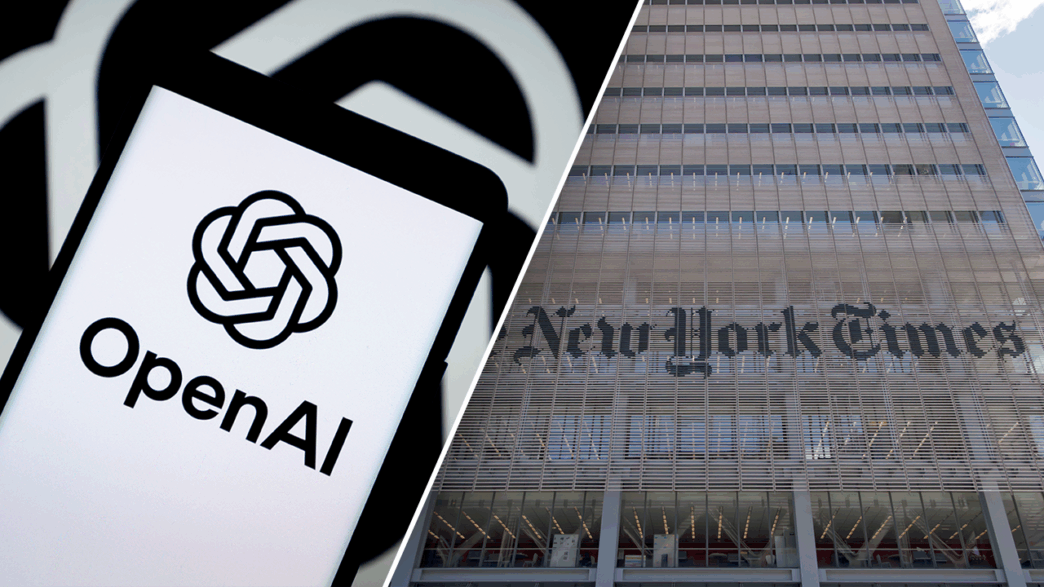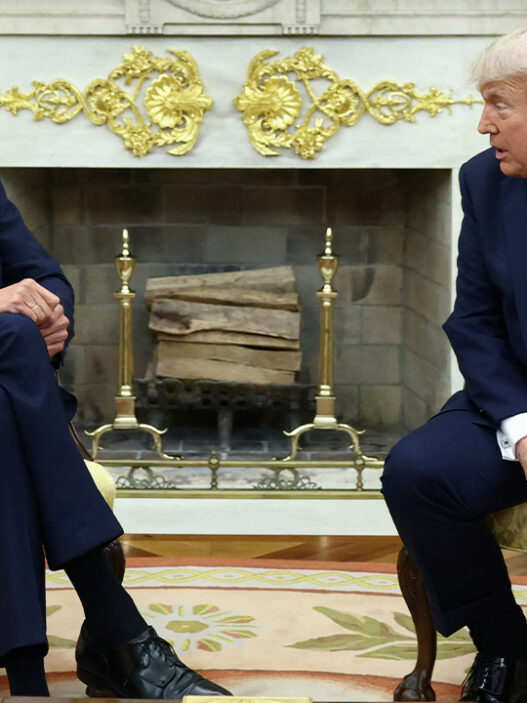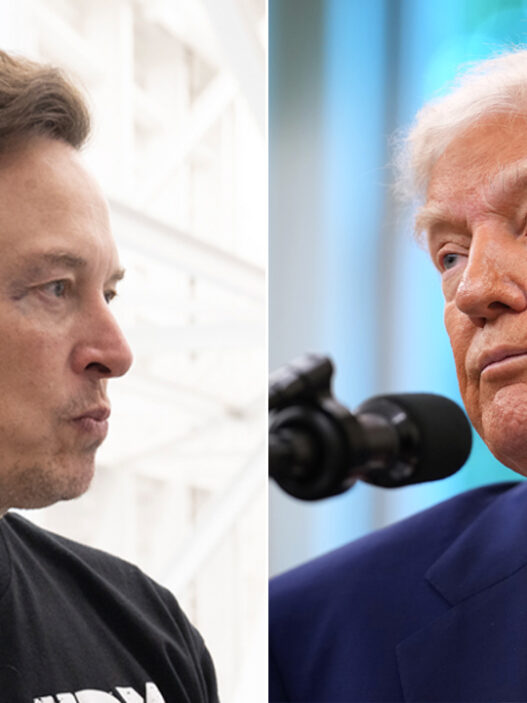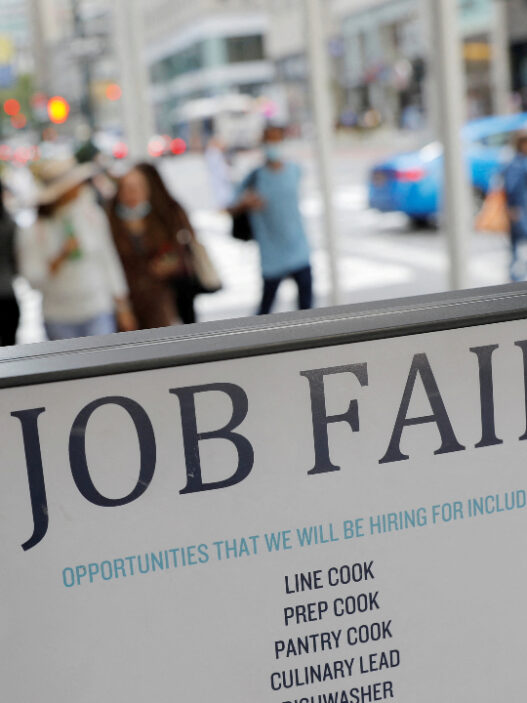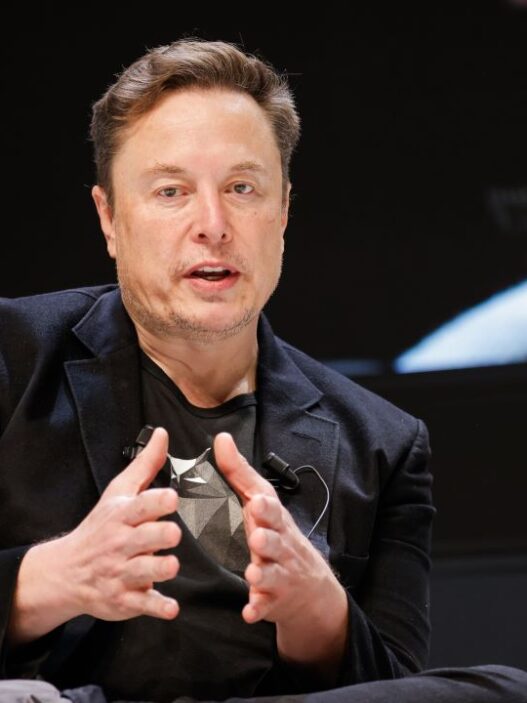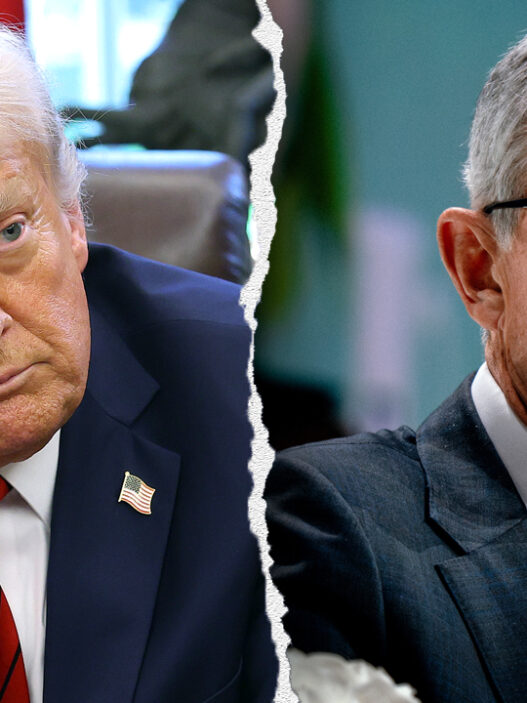OpenAI CEO Sam Altman said Thursday that the company plans to appeal a court decision in a copyright case brought by The New York Times.
“Recently the NYT asked a court to force us to not delete any user chats. We think this was an inappropriate request that sets a bad precedent,” Altman wrote in a post on X, adding that the company is “appealing the decision.”
AI-GENERATED ATTORNEY OUTRAGES JUDGE WHO SCOLDS MAN OVER COURTROOM FAKE: ‘NOT A REAL PERSON’
“We will fight any demand that compromises our users’ privacy; this is a core principle.”
The OpenAI co-founder said the case has accelerated the need for a conversation about “AI privilege,” in which “talking to an AI should be like talking to a lawyer or a doctor.”
“I hope society will figure this out soon,” Altman wrote, suggesting that “spousal privilege” might be a better analogy.
The copyright case, brought by The New York Times, requires OpenAI to preserve ChatGPT output data indefinitely at the outlet’s request.
AI’S DEVELOPMENT IS CRITICALLY IMPORTANT FOR AMERICA – AND IT ALL HINGES ON THESE FREEDOMS
U.S. District Judge Sidney Stein was asked to vacate the May data preservation order on June 3, according to a court filing obtained by Reuters.
The New York Times sued OpenAI and Microsoft in late 2023, accusing them of using millions of its articles without permission to train the large language model powering ChatGPT.
“Defendants’ generative artificial intelligence (‘GenAI’) tools rely on large-language models (‘LLMs’) that were built by copying and using millions of The Times’s copyrighted news articles, in-depth investigations, opinion pieces, reviews, how-to guides, and more,” the lawsuit says.
The lawsuit claims that while defendants “engaged in widescale copying from many sources,” OpenAI “gave Times content particular emphasis when building their LLMs — revealing a preference that recognizes the value of those works.”
CHATGPT WILL NOW COMBAT BIAS WITH NEW MEASURES PUT FORTH BY OPENAI
“Using the valuable intellectual property of others in these ways without paying for it has been extremely lucrative for Defendants,” the lawsuit says. “Microsoft’s deployment of Times-trained LLMs throughout its product line helped boost its market capitalization by a trillion dollars in the past year alone. And OpenAI’s release of ChatGPT has driven its valuation to as high as $90 billion.”
Stein said in an April court opinion that The Times had made a case that OpenAI and Microsoft were responsible for inducing users to infringe its copyrights.
The opinion explained an earlier order that rejected parts of an OpenAI and Microsoft motion to dismiss, saying that the Times’ “numerous” and “widely publicized” examples of ChatGPT producing material from its articles justified allowing the claims to continue.
OpenAI COO Brad Lightcap said The New York Times and other plaintiffs “have made a sweeping and unnecessary demand in their baseless lawsuit against us: retain consumer ChatGPT and API consumer data indefinitely.”
“This fundamentally conflicts with the privacy commitments we have made to our users. It abandons long-standing privacy norms and weakens privacy protections,” Lightcap said in a press release. “We strongly believe this is an overreach by The New York Times. We’re continuing to appeal this order so we can keep putting your trust and privacy first.
CLICK HERE TO GET FOX BUSINESS ON THE GO
FOX Business has reached out to The New York Times for comment on OpenAI’s appeal.
FOX Business’ Danielle Wallace and Reuters contributed to this report.








